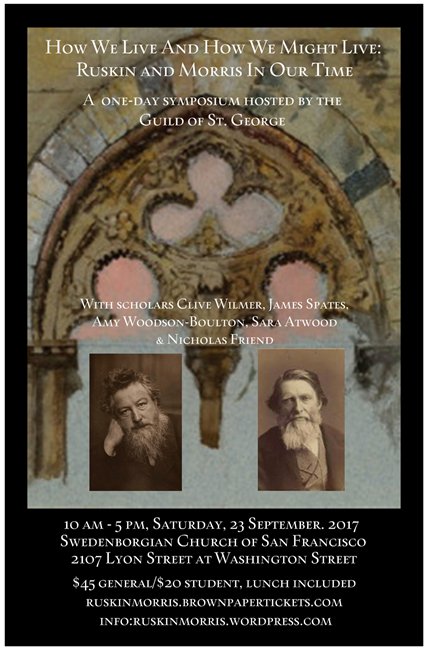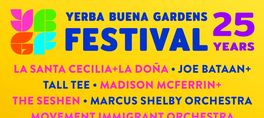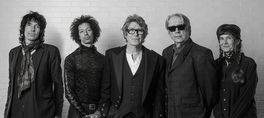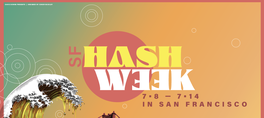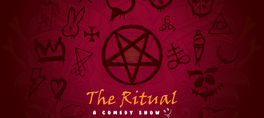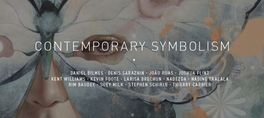Sat September 23, 2017
How We Live and How We Might Live: Ruskin and Morris in Our Time
SEE EVENT DETAILS
John Ruskin (1819-1900) and William Morris (1834-1896) were among the most influential public figures of their time. Their lives and work span much of the nineteenth century and express the period’s intellectual, social, and spiritual ferment. Believing that Britain had sacrificed human fellowship and social responsibility to self-interest, they maintained that the solution lay not in the reformation of existing institutions and practices, but in the transformation of individuals and society. Ruskin established the Guild of St. George, a society dedicated to cultivating art education, craft work, self-sufficiency and the rural economy, in response to modern materialism and social injustice. Insisting that “There is something to be done,” not merely discussed, he aimed to make “some small piece of English ground, beautiful, peaceful, and fruitful.”
Morris, too, envisioned a peaceful, communal society that would value beauty, practice useful and stimulating work, and achieve equality of condition. Although Morris’s Socialist principles differed from Ruskin’s more idiosyncratic methods, both men believed in the possibility of creating “a better world than this” by rejecting the institutions and ideologies that promoted selfish individualism and division.
Ruskin and Morris anticipated many of our current debates about education, the environment, economics, politics, and labor. We continue to face many of the problems with which they wrestled and to seek answers to the questions they asked. Their ideas are more timely than ever today, in light of the ongoing erosion of civility, social justice and democracy. George Monbiot recently observed that “those who tell the stories run the world.” The key task now is to construct an alternative narrative to the troubling story that is taking shape—to tell a new story that describes a better way forward. The aim of our symposium is to consider how Ruskin’s and Morris’s ideas might help us to do so.
Speakers
Clive Wilmer (Master of the Guild of St. George, Emeritus Fellow, Sidney Sussex College, Cambridge)
Amy Woodson-Boulton (Loyola Marymount University)
Sara Atwood (Portland State University)
James Spates (Emeritus Professor, Hobart and William Smith Colleges)
Nicholas Friend (Inscape Cultural Study Society)
show less
Morris, too, envisioned a peaceful, communal society that would value beauty, practice useful and stimulating work, and achieve equality of condition. Although Morris’s Socialist principles differed from Ruskin’s more idiosyncratic methods, both men believed in the possibility of creating “a better world than this” by rejecting the institutions and ideologies that promoted selfish individualism and division.
Ruskin and Morris anticipated many of our current debates about education, the environment, economics, politics, and labor. We continue to face many of the problems with which they wrestled and to seek answers to the questions they asked. Their ideas are more timely than ever today, in light of the ongoing erosion of civility, social justice and democracy. George Monbiot recently observed that “those who tell the stories run the world.” The key task now is to construct an alternative narrative to the troubling story that is taking shape—to tell a new story that describes a better way forward. The aim of our symposium is to consider how Ruskin’s and Morris’s ideas might help us to do so.
Speakers
Clive Wilmer (Master of the Guild of St. George, Emeritus Fellow, Sidney Sussex College, Cambridge)
Amy Woodson-Boulton (Loyola Marymount University)
Sara Atwood (Portland State University)
James Spates (Emeritus Professor, Hobart and William Smith Colleges)
Nicholas Friend (Inscape Cultural Study Society)
John Ruskin (1819-1900) and William Morris (1834-1896) were among the most influential public figures of their time. Their lives and work span much of the nineteenth century and express the period’s intellectual, social, and spiritual ferment. Believing that Britain had sacrificed human fellowship and social responsibility to self-interest, they maintained that the solution lay not in the reformation of existing institutions and practices, but in the transformation of individuals and society. Ruskin established the Guild of St. George, a society dedicated to cultivating art education, craft work, self-sufficiency and the rural economy, in response to modern materialism and social injustice. Insisting that “There is something to be done,” not merely discussed, he aimed to make “some small piece of English ground, beautiful, peaceful, and fruitful.”
Morris, too, envisioned a peaceful, communal society that would value beauty, practice useful and stimulating work, and achieve equality of condition. Although Morris’s Socialist principles differed from Ruskin’s more idiosyncratic methods, both men believed in the possibility of creating “a better world than this” by rejecting the institutions and ideologies that promoted selfish individualism and division.
Ruskin and Morris anticipated many of our current debates about education, the environment, economics, politics, and labor. We continue to face many of the problems with which they wrestled and to seek answers to the questions they asked. Their ideas are more timely than ever today, in light of the ongoing erosion of civility, social justice and democracy. George Monbiot recently observed that “those who tell the stories run the world.” The key task now is to construct an alternative narrative to the troubling story that is taking shape—to tell a new story that describes a better way forward. The aim of our symposium is to consider how Ruskin’s and Morris’s ideas might help us to do so.
Speakers
Clive Wilmer (Master of the Guild of St. George, Emeritus Fellow, Sidney Sussex College, Cambridge)
Amy Woodson-Boulton (Loyola Marymount University)
Sara Atwood (Portland State University)
James Spates (Emeritus Professor, Hobart and William Smith Colleges)
Nicholas Friend (Inscape Cultural Study Society)
read more
Morris, too, envisioned a peaceful, communal society that would value beauty, practice useful and stimulating work, and achieve equality of condition. Although Morris’s Socialist principles differed from Ruskin’s more idiosyncratic methods, both men believed in the possibility of creating “a better world than this” by rejecting the institutions and ideologies that promoted selfish individualism and division.
Ruskin and Morris anticipated many of our current debates about education, the environment, economics, politics, and labor. We continue to face many of the problems with which they wrestled and to seek answers to the questions they asked. Their ideas are more timely than ever today, in light of the ongoing erosion of civility, social justice and democracy. George Monbiot recently observed that “those who tell the stories run the world.” The key task now is to construct an alternative narrative to the troubling story that is taking shape—to tell a new story that describes a better way forward. The aim of our symposium is to consider how Ruskin’s and Morris’s ideas might help us to do so.
Speakers
Clive Wilmer (Master of the Guild of St. George, Emeritus Fellow, Sidney Sussex College, Cambridge)
Amy Woodson-Boulton (Loyola Marymount University)
Sara Atwood (Portland State University)
James Spates (Emeritus Professor, Hobart and William Smith Colleges)
Nicholas Friend (Inscape Cultural Study Society)
show less
Date/Times:
2107 Lyon Street, San Francisco, CA 94115
The Best Events
Every Week in Your Inbox
From Our Sponsors
UPCOMING EVENTS
Great suggestion! We'll be in touch.
Event reviewed successfully.
